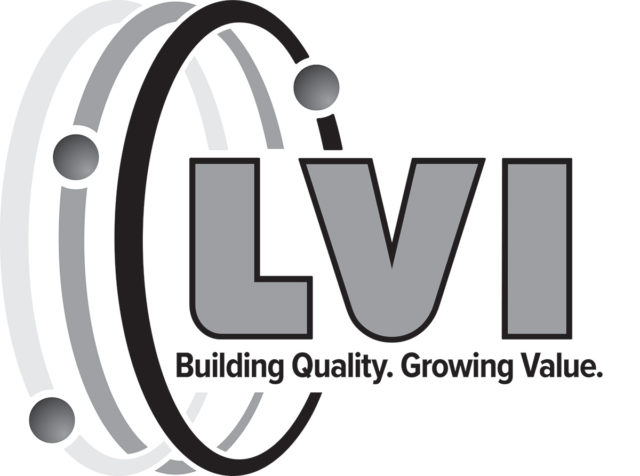The news out of Iraq is not good. There is much discussion today about the history of our U.S. government involvement in the Middle Eastern country.The discussion includes the military costs of lives and material, the civilian costs of lives and planning effort and the infrastructure costs, and finally the hundreds of thousands of hours spent working with the host national government in Baghdad and the provinces.
To all of this, I write that the fog of foreign involvement is heavily upon us at the time, but afterwards – now, for instance – the fog lifts and we can see clearly. History is constantly being revisited as historians learn more, and a lot of this is based on what we call the outcomes of our effort.
The State Department and Defense Department are constantly examining recent events so they may describe lessons learned. This is a popular exercise with one single overarching objective: Correct mistakes and do not dwell on successes.
Many other organizations large and small do these reviews, and even we as individuals can work through some method of self-examination. Regardless of size or method, the obvious objective in a review is to identify what could have been done better and then choose a course of action that will avoid making the same mistake again.
There have been and still are hundreds of reviews of work done in Iraq. My take on most of them is that we invested a lot of money and effort with short-term focus rather than a longer-term approach of helping the Iraqi government improve their capacity to deliver good governance to people.
I have written of governance in this column many times, and I come back to it now … I view our work in Iraq too heavily invested in entitlement and too little in capacity building. This single lesson learned is echoed in many reviews from across the entire landscape.
We seem unable to define capacity building without coupling it to spending money on things (infrastructure) we think the host nation wants. Further-in-time examination shows much of the infrastructure built is not durable or long-lasting. Some may not have even been needed or wanted by the host nation.
I am reasonably sure here that our emphasis upon private development without a government structure to manage the administration and regulation of that development is a huge mistake.
Consider, for instance, our own agriculture industry without the USDA and without the state Departments of Agriculture as fully functioning units of government. Trust me, nearly everywhere I have been in the world would eagerly accept these departments. Added to these is, of course, the land-grant university system that is the envy of the world.
The term capacity building is not about money or an entitlement program but about mentoring and teaching people how to work together at defining a mission, how to decide what they actually want or need to do, how to define the objectives to meet them and then how these deliverables are accounted for and measured.
Yes, this means a source of tax revenue so a civil service can be honestly employed and not dishonestly part of graft and corruption. Yes, this means deliverables that cannot be produced in the private sector because the government is unbiased and therefore the playing field is level. And yes, this means the focus of our work is not about us but about them.
All of this discussion of capacity building has been talked about for decades. Nothing new here. Except that when governments fail, we often find the root cause is poor governance. The leadership, in whatever form, places self-interest above the interests of those electing them. The manifestation of the individual man usurping the common man is failure at the core level of governance.
I do think this is the root cause of what we are seeing in Iraq right now. Iraqi leadership that places self-interest in front of common interest. Governance built upon exclusion of those who are different culturally or religiously or economically rather than a leader embracing inclusion … that all are part of the whole and the whole is the sum of a wide range of views and opinions and histories. No better example than our own United States. In fact, the very name of “United” denotes the fact that we are united as one country.
There is a bit of maturity required to understand governance. It is not for the faint of heart to try to govern without the experience of making many mistakes. The “lessons learned” concept never runs out of talking points, and to be frank, nearly all output reports say the same thing: We have relied too much on the physical (things) environment and too little on the human environment.
During my service in Iraq, the U.S. military smartly decided to hire human resource specialists, known as the human terrain teams. Their job was to inventory and evaluate the human environment, trying to understand the culture and religion and economy of Iraqi society.
Yes, a huge order, and they barely scratched the surface. But they pushed on and attempted to give the U.S. military a perspective of how to interact with the Iraqis at all levels. I spent many hours talking with them and learning.
Yet the human terrain teams were just a very small part of the overall entitlement mission, and I thought at the time and still do today suggest their value would have been greatly increased had they advised those of us not in uniform.
I am remembering my many hours spent at the Ministry of Agriculture in Baghdad. How so valuable it would have been for me to have a cultural awareness officer (my term) at my side so we could deliver capacity building together. But that was not the case.
Here is my point. We will someday leave a foreign country, or at least we should in the major sense of the effort; a residual posting of embassy and consulate is necessary. But our overarching objective is helping those who help themselves. This is not done using an entitlement program. For humanitarian crises, yes.
But not for capacity building that includes helping a foreign government deliver good governance coupled with rule of law, human rights and a proper mix of the common man and the individual man. This takes time, and sending a diplomat to a foreign country for one-year rotation is not sufficient. Multiple years makes a better model.
I am now thinking if we could have helped teach and mentor the future leadership of Iraq so they understood inclusion and not exclusion, that they would be held responsible for their actions, and most of all, they knew that public service is about the people and not about themselves, the Iraq we see today would be a much different place. This is my own “lesson learned.” PD

-
Mike Gangwer
- Agricultural Scientist
- USDA-NRCS
- Email Mike Gangwer





